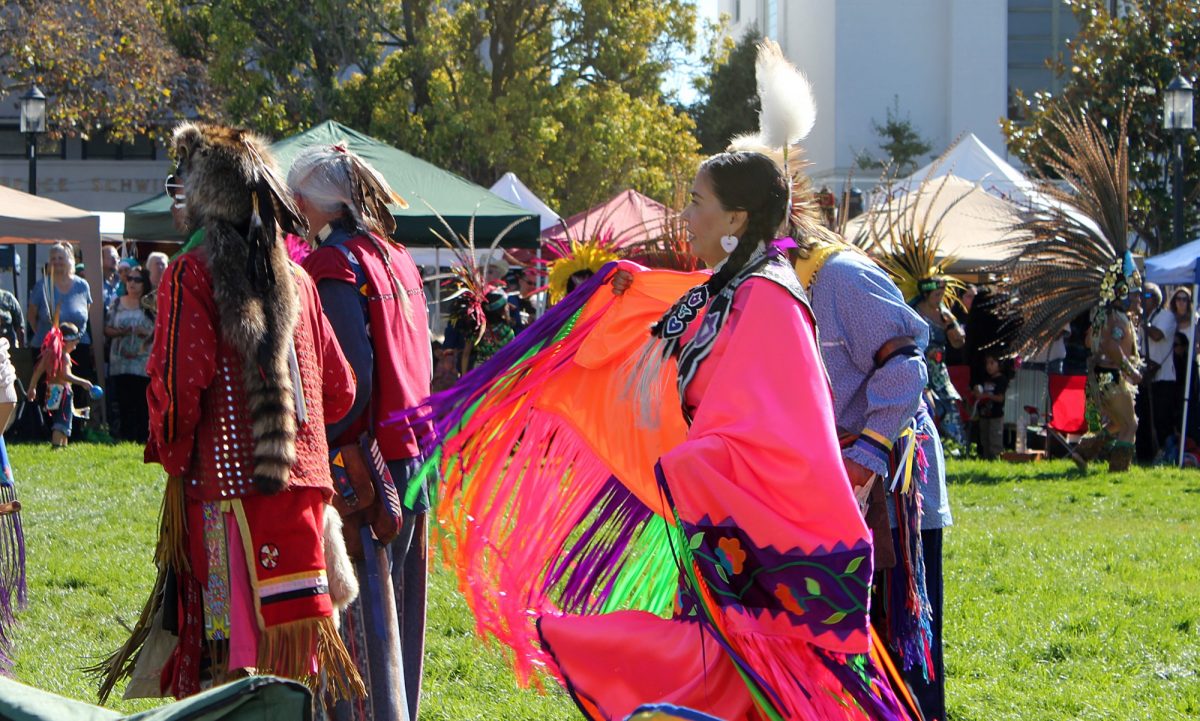
Aug. 9 is International Day of the World’s Indigenous Peoples
Brenda Gunn is professor in the UM Faculty of Law, passionate about advocating for the rights of Indigenous people. She offers her thoughts on the International Day of the World’s Indigenous Peoples.
Aug. 9 is the International Day of the World’s Indigenous Peoples. Aug. 9 was chosen because it marks the date of the inaugural session of the Working Group on Indigenous Populations at the United Nations in 1982, the first UN body tasked with drafting the UN Declaration on the Rights of Indigenous Peoples. This year’s theme is “Leaving no one behind: Indigenous peoples and the call for a new social contract.”
In recognition of this important day, it is fitting to discuss the implementation of the UN Declaration in Canada. Why is it important, and how does it help address the challenges we currently face in Canada?
The Truth and Reconciliation Commission spoke of the UN Declaration as the framework for reconciliation. The UN Declaration promotes reconciliation by requiring Canada to recognize the humanity of Indigenous peoples (that we are equal to all other peoples of the world and should not be discriminated against for being Indigenous), and to work to fulfill our essential human rights, especially those that continue to be so violently violated in the name of forming and maintaining Canada. The preamble of the UN Declaration clearly explains that recognizing the rights of Indigenous peoples in Canada is critical to reset the relationship moving us away from a colonial relationship where Canada makes all decisions for Indigenous peoples, to a new relationship based on principles of justice, democracy, respect for human rights, non-discrimination and good faith.
Canada took an important step towards implementing the UN Declaration with the passage of Bill C-15: the United Nations Declaration on the Rights of Indigenous Peoples Act in June. However, this was just the first step. Now the real work begins to review Canadian laws to ensure they are consistent with the UN Declaration, and to develop a national action plan to implement the UN Declaration.
Many people are well aware of the statistics on the socio-economic situation of Indigenous peoples in Canada. Implementing the rights in the UN Declaration is an important step toward addressing the root causes of these challenges.
The UN Declaration covers most aspects of Indigenous peoples’ lives and their relationship with Canada. It starts with provisions on equality and non-discrimination, self-determination and self-government including our own political, legal, economic, social and cultural institutions. There are provisions protecting against genocide and the forcible removal of children. Other provisions recognize the right to practice and revitalize our cultural traditions and customs, to education without discrimination, to establish our own media and have our aspirations appropriately reflected in public information, to the improvement of our economic and social conditions, to determine our own development priorities, to our traditional medicines and maintain our own health practices, to maintain and strengthen our relationship with our traditional lands, territories and resources, to participate in decision making when our rights are specifically and especially impacted, and to the have our Treaties honoured.
While implementing the UN Declaration is not a magic solution to resolve all these challenges, hopefully on this International Day of the World’s Indigenous Peoples we can all reflect on what actions we can take to support the fulfillment of Indigenous peoples’ fundamental human rights so that no one is left behind.







